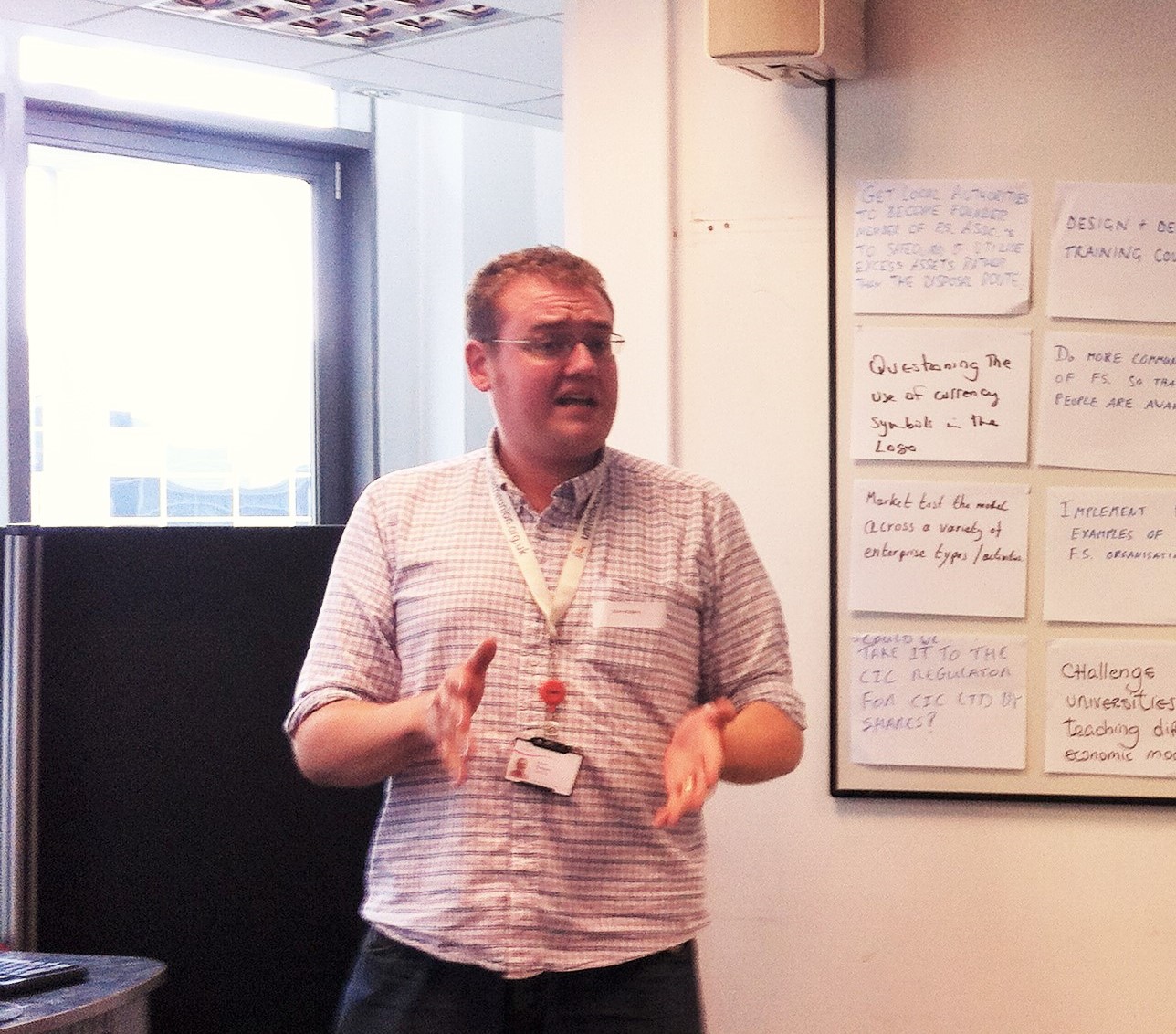 In this article, Doncaster Councillor Kevin Rodgers argues for the use of FairShares to protect community assets and prevent their wholesale sell-off to unaccountable private companies.
In this article, Doncaster Councillor Kevin Rodgers argues for the use of FairShares to protect community assets and prevent their wholesale sell-off to unaccountable private companies.
The familiar refrain over the past four years about local government finances is that Councils face the toughest financial settlement in a decade/lifetime/generation with the word ‘unprecedented’ bandied around for effect. From this the narrative of service change flows where x, y and z follows, marking the retreat from the front line degree by degree. The outgoing Chair of the LGA has stated that finances are on a ‘knife edge’ and followed this up with a particular focus on how Councils deliver adult social care.
As a member who was elected in 2010 when the funding streams from central government started to diminish, I have been to numerous seminars and budget work shops and have heard the phrases salami slicing/root and branch/retrenchment/withdrawal when proposals are discussed. A lot of the discussion focuses upon empowering communities to fill the gap left by the change in services. I have asked on more than one occasion about what happens when nothing comes forward to fill the gap – call it market failure or call it lack of capacity – what does any local authority do when the community does not (or cannot) respond to the challenge. I have yet to hear a satisfactory response, and I suspect it will be something akin to the parable of the sower.This week I attended the Inaugural Fairshares Conference at the Business School at Sheffield Hallam University to look at the FairShares Model from a public sector perspective. The model works on what can be broadly described as a ‘surplus-sharing’ model which allows an organisation to form up as a social enterprise, an association, or in a cooperative form to conduct it’s business.
One of the important parts of the model is the flexibility which allows the organisation to reconstitute itself differently over time to reflect the changing shape of the activities it undertakes. However – whatever form it takes – it remains tied to the principles of the Fairshares Association of pursuing trading activities that are economically, socially and environmentally sustainable, and which spread wealth and power amongst its founding members, staff and service users.
There is a depth of work in the model that the public sector can make use of. What struck me at the conference was the possibilities for local councils who are struggling to reduce their estate. I don’t think Doncaster Council is alone in seeking to shed buildings and assets to fit the budgetary realities that are presented to us. As an elected member, one of my chief worries as we approach the crunch point over the medium financial term is that we almost adopt a ‘fire sale’ mentality to our surplus asset base.
The Fairshares Model is set up with the goal of sharing power and wealth and allowing an organisation to progress from the people or organisations who founded the venture through to the workers and consumers who operate and use the services. It would seem to me that this would describe a route for councils to do the empowering of the community that is often discussed but is not always realised.Achieving community value from the surplus assets local authorities hold is something I believe Councils all over the country need to embrace. It is something that the Power of General Competency afforded to Local Government in the Localism Act could help to facilitate.
Perhaps what we need is a public sector strand of the Fairshares project to look at how we can use surplus assets to empower communities to fill the gap that Councils will soon leave. Let us become Fairshares founders and bring to the table the assets we can no longer afford to run. Let us stop the false economy of throwing buildings to community groups in what I would characterise as the sink or swim model and hope it works. Let us build the architecture to allow the development of a social economy based on a fair relationship between founders, producers, employees, customers, service users and investors. Let’s embrace Fairshares.
 In this article, Doncaster Councillor Kevin Rodgers argues for the use of FairShares to protect community assets and prevent their wholesale sell-off to unaccountable private companies.
In this article, Doncaster Councillor Kevin Rodgers argues for the use of FairShares to protect community assets and prevent their wholesale sell-off to unaccountable private companies.
